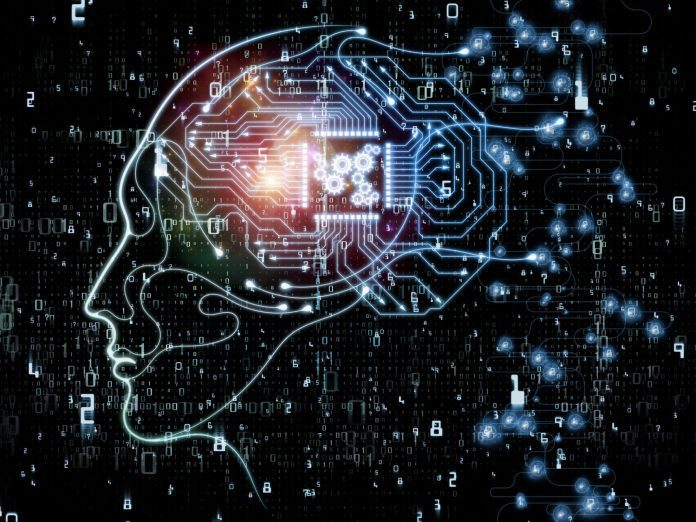Artificial intelligence (AI) will enable earlier diagnosis of diseases like cancer, diabetes, heart disease and dementia, British Prime Minister Theresa May has said in a speech on industrial strategy at Jodrell Bank, the UK centre for physics, astro-physics and astronomy, in Manchester.
In the latest in a series of proclamations by international governments on AI, the British Prime Minister said digital technologies, including data analytics based techniques like AI and machine learning, will transform both the healthcare and mobility sectors.
She suggested 22,000 fewer people per year will die within five years of a cancer diagnosis compared to today. “In cancer, our ambition is that within 15 years we will be able to diagnose at a much earlier stage the lung, bowel, prostate or ovarian cancer of at least 50,000 more people a year,” said May.
The UK will use “data, artificial intelligence and innovation”, she said, to transform the prevention, early diagnosis and treatment of disease by 2030.
“Late diagnosis of otherwise treatable illnesses is one of the biggest causes of avoidable deaths, and the development of smart technologies to analyse great quantities of data quickly and with a higher degree of accuracy than is possible by human beings opens up a whole new field of medical research and gives us a new weapon in our armoury in the fight against disease,” said May.
The UK government is expected to make reveal further healthcare initiatives, including about other diseases, in the next weeks and months. May said the government will “incubate a whole new industry around AI-in-healthcare” with the new science jobs across the country, drawing on centres of excellence in places like Edinburgh, Oxford and Leeds.
The speech, which claimed the UK will establish itself as a leader in the ‘fourth industrial revolution’, presented four challenges: AI and data, urban mobility, an ageing population, and climate change. The first is a means to a solution for the rest, she suggested.
The UK will be at the “forefront” of the design and manufacture of zero emission vehicles, with new cars and vans to be zero emission by 2040, she said. London is ranked second in the world for urban mobility, according to a 2017 report by Qualcomm, and is primed to be one of the first zero emission cities with Oslo and Amsterdam.
“Technology is revolutionising how we power vehicles, how they are driven, how we navigate and how we access information about public transport. By putting the UK at the forefront of the 21st century transport revolution, we can ensure our automotive sector – one of our greatest success stories – continues to thrive and create good jobs across the country.
“We will work with industry to achieve this ambition, and share the benefits this opportunity presents.”
Speaking on climate change, May spoke about using smart technologies to fuel the growth of clean energy, through reducing heating and powering in buildings.
“By making our buildings more energy efficient and embracing smart technologies, we can slash household energy bills, reduce demand for energy, and meet our targets for carbon reduction. By halving the energy use of new buildings – both commercial and residential – we could reduce the energy bills for their occupants by as much as 50 per cent, and we will aim to halve the costs of reaching the same standard in existing buildings too.”
The PM also spoke about life after Brexit, looking towards the future outside of the European Union. She spoke that science was an international enterprise and discoveries knew no borders, and confirmed that the UK was at the centre of international collaboration.
“The UK will always be open to the brightest and the best researchers to come and make their valued contribution. Today over half of the UK’s resident researcher population were born overseas, and when we leave the European Union, I will ensure that does not change.”
Her speech – which rather scopes out a plan to invest in the country’s developing tech sector and shore up its economy and services, than makes one – follows state moves on AI by the European Union and, notably, France president Emmanuel Macron, as well as recent overtures by the Trump administration in the US to gauge the US technology industry’s mood on AI.
Macron has been particularly active, and will host the likes of Facebook, Google and Uber in Paris next week to discuss issues of tax and privacy.

